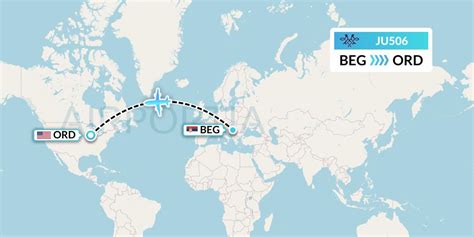Hegemony United States

The concept of hegemony, particularly in the context of the United States, has been a subject of intense debate and analysis among scholars, policymakers, and international relations experts. Hegemony refers to the dominance of one state or entity over others, often characterized by its superior economic, military, and cultural power. The United States, having emerged as a global superpower in the 20th century, has been a prime example of a hegemonic state, with its influence extending across various domains, including politics, economy, culture, and technology.
Key Points
- The United States has maintained its hegemonic position through a combination of economic, military, and cultural power.
- The concept of hegemony is complex and multifaceted, involving not only the exercise of power but also the creation of norms, institutions, and ideologies that legitimize and sustain dominance.
- Challenges to U.S. hegemony have emerged from various quarters, including the rise of China, the resurgence of Russia, and the growing assertiveness of regional powers.
- The maintenance of hegemony requires a delicate balance between coercion and consent, with the hegemon needing to balance its own interests with the needs and aspirations of other states and actors.
- The future of U.S. hegemony is uncertain, with some arguing that it is in decline, while others see it as adapting and evolving to meet new challenges and opportunities.
Historical Context of U.S. Hegemony

The rise of the United States to hegemonic status was a gradual process, spanning several decades. Following World War II, the U.S. emerged as one of the two superpowers, alongside the Soviet Union, and quickly established itself as the leader of the Western bloc. The U.S. played a key role in shaping the post-war international order, including the establishment of the United Nations, the Bretton Woods system, and the creation of the North Atlantic Treaty Organization (NATO). These institutions and agreements not only reflected U.S. interests but also helped to legitimize and sustain its dominance.
Economic Foundations of U.S. Hegemony
The economic power of the United States has been a critical component of its hegemony. The U.S. has the world’s largest economy, with a nominal GDP of over $22 trillion, accounting for approximately 25% of global economic output. The U.S. dollar serves as the global reserve currency, and the country is home to many of the world’s largest and most influential corporations. The U.S. has also been at the forefront of technological innovation, with companies like Apple, Google, and Amazon dominating their respective sectors. This economic prowess has enabled the U.S. to exert significant influence over global trade, finance, and investment flows.
| Indicator | Value |
|---|---|
| Nominal GDP (2022) | $22.67 trillion |
| Global GDP Share (2022) | 25.3% |
| U.S. Dollar as Global Reserve Currency | 61.7% (2022) |

Challenges to U.S. Hegemony

Despite its dominant position, U.S. hegemony faces numerous challenges from various quarters. The rise of China, in particular, has been seen as a significant threat to U.S. dominance. China’s rapid economic growth, combined with its expanding military capabilities and growing diplomatic influence, has enabled it to challenge U.S. interests in the Asia-Pacific region and beyond. Other emerging powers, such as India and Brazil, are also increasingly asserting their presence on the global stage, further complicating the geopolitical landscape.
Cultural and Ideological Aspects of U.S. Hegemony
Culture and ideology have played crucial roles in sustaining U.S. hegemony. The spread of American culture, including music, film, and television, has helped to promote U.S. values and interests worldwide. The idea of American exceptionalism, which posits the United States as a unique and indispensable nation with a special role to play in world affairs, has been particularly influential in shaping U.S. foreign policy and international relations. However, this ideology has also been subject to criticism and challenge, with many arguing that it reflects a narrow and self-serving perspective that neglects the interests and needs of other nations.
What are the key indicators of U.S. hegemony?
+The key indicators of U.S. hegemony include its economic power, military capabilities, cultural influence, and diplomatic reach. These indicators are interrelated and mutually reinforcing, contributing to the overall dominance of the United States in global affairs.
How has the rise of China affected U.S. hegemony?
+The rise of China has presented a significant challenge to U.S. hegemony, particularly in the Asia-Pacific region. China's growing economic and military power, combined with its expanding diplomatic influence, has enabled it to contest U.S. interests and challenge the existing international order.
What does the future hold for U.S. hegemony?
+The future of U.S. hegemony is uncertain and will depend on a variety of factors, including the ability of the United States to adapt to changing global circumstances, the rise of new challengers, and the evolution of the international system. While some argue that U.S. hegemony is in decline, others see it as continuing to evolve and adapt to meet new challenges and opportunities.
In conclusion, the concept of U.S. hegemony is complex and multifaceted, involving economic, military, cultural, and ideological dimensions. While the United States has maintained its dominant position for several decades, it faces numerous challenges from emerging powers, shifting global circumstances, and evolving international norms. The future of U.S. hegemony will depend on its ability to navigate these challenges, adapt to changing circumstances, and continue to promote its interests and values in a rapidly shifting world.



